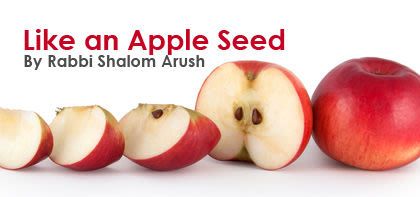
Bereishit: Like an Apple Seed
Like an apple seed contains the genetic code of an entire tree, the first word of Torah contains the "spiritual" genetic code of all future generations of mankind...

Translated by Rabbi Lazer Brody
Rashi tells us that according to Rabbi Yitzchak, the Torah should have really begun with the commandment of observing the New Moon, which was the first commandment that Hashem gave to the Jewish People. So why does the Torah begin with the story of creation? King David says in Psalm 111:6, “He declared the power of His deeds to His people to give them the lands of nations.” Rashi concludes that if the nations of the world tell Israel that they are thieves for having conquered the lands of the seven Canaanite nations, then Israel can respond that the whole world belongs to Hashem; He created it and He gave it to whomever He wants to. If He wants to, He gives the Land of Israel to them, and if He wants to, He gives it to us.
The very first passage of the Torah is small in size but prodigious in its message. We learn here the first foundation of emuna, the pure and complete belief in Hashem. The Torah is not a story book or a history book, but a practical instruction manual that teaches us how to live our lives and to observe Hashem’s  commandments. So therefore, as Rashi explains, we would expect the Torah to begin with the first practical commandment, to begin counting the months of the year from Nissan, as we are told in Parshat Bo. So why did the Torah begin with the story of creation, which has no practical directives?
commandments. So therefore, as Rashi explains, we would expect the Torah to begin with the first practical commandment, to begin counting the months of the year from Nissan, as we are told in Parshat Bo. So why did the Torah begin with the story of creation, which has no practical directives?
By way of the story of creation, the Torah is teaching us that Hashem is Master of the World; this is the foundation of our emuna. He not only created the world, but He vitalizes and sustains it to this very day. Everything in creation is subservient to Hashem’s exclusive control. He decides where every nation shall dwell. He alone decides which nation shall live permanently in one place, which nation shall be exiled, and which nation shall disappear from the face of the earth. Hashem’s exclusive sovereignty over all of creation determines what happens in the world.
Rashi cites the above-mentioned passage from Psalm 111, “He declared the power of His deeds to His people,” since Hashem wanted to inform His people Israel that He alone rules the globe; He decided to give the Holy Land initially to the Canaanite nations. He then took it from them and gave it to Israel. We learn from here that all of Diaspora and exile, both of the Jewish People and of the nations of the world, is a product of Hashem’s exact, precision Divine providence. And, just as Hashem governs the nations, He governs the individual. He decides where each person will live, in which house or apartment, and for what duration. Hashem decides who one’s neighbors will be. Hashem’s mind-boggling Divine providence governs the entire universe from the great galaxies to the tiniest microorganism, with no exception.
From the Torah’s outset, we learn that everything is in Hashem’s hands. Not only did he create heaven and earth In the beginning, but He creates them anew and sustains them every single day. King David says (Psalm 119:89-90), “Forever, Hashem, Your word stands firm in the Heavens…You established the earth and it endures.” This passages teaches that both heaven and earth exist only by virtue of Hashem’s ongoing command, for “the word of Hashem shall stand forever” (Isaiah 40:8).
Rashi’s question as to why the Torah began with and elaborated on the story of creation, which has no practical directives, is also applicable to all the other stories that appear in the Book of Genesis. They too are not directive in nature. Apparently, the Torah could have sufficed with a summary of creation, from the first day until the seventh day when Hashem rested. Then, it could have given us an historical overview of our patriarchs, matriarch and twelve tribes without all the stories and seemingly minor details. But, since the lessons of emuna that we learn in the stories that appear in Genesis are so vital fundamentals of Judaism and the very core of Torah, they must be presented at length.
Rashi’s elaboration – “He created it and He gave it to whomever He wants to. If He wants to, He gives it [the Land of Israel] to them, and if He wants to, He gives it to us” – is directly in line with his commentary about the creation of the sun, moon and stars (Genesis 1:14). All the creations were essentially created on the first day of creation, but each was put in its specific place on its designated day of creation. We learn from here that everything in the universe – the creations, their actions and whatever happens to them in general and in particular forever – is the product of Divine forethought and providence. Along this line of thinking, already from the time of creation, it was decided that the Land of Israel would first be given to the Canaanite nations, and at the right time, it would be given to the Jewish People. According to Rashi, this is what we must tell the nations of the world: “Hashem is the Master of the world, and everything He does is the result of His forethought at the time of creation; you cannot complain that the Jews conquered the Land of Israel. Since we are here, it is a sign that Hashem wants us to be here!”
Ponder for a moment the seed of an apple. Within the seed are all the components of a future apple tree – its roots, branches, leaves and fruit. Even though this ten-foot tall tree with its future yields of hundreds or even thousands of apples are not apparent when we look at the seed, all this potential is yet within the seed. The same goes for creation. The entire future of the universe is contained within the act of creation, from its beginning to its final day. We can now understand the Gaon of Vilna’s expression that all of Torah is contained within the Torah portion of Bereishit, and the entire Torah portion of Bereshit is contained within its first word, Bereshit. This is just like the seed of an apple.
May our New Year of Torah learning be as sweet as an apple with honey, amen!





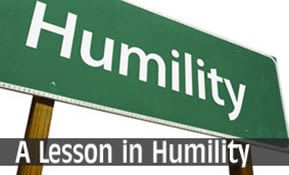
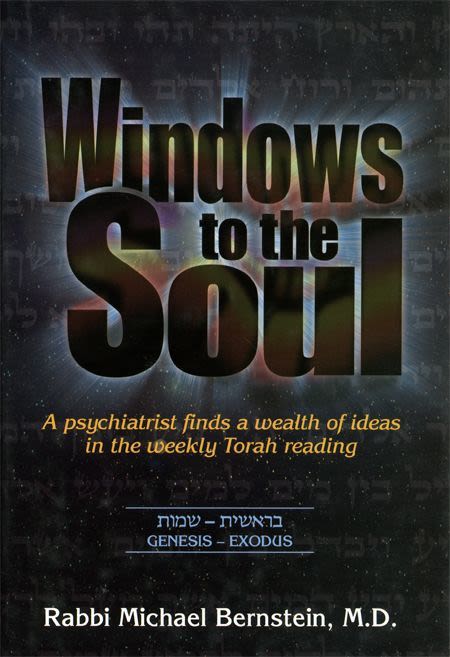
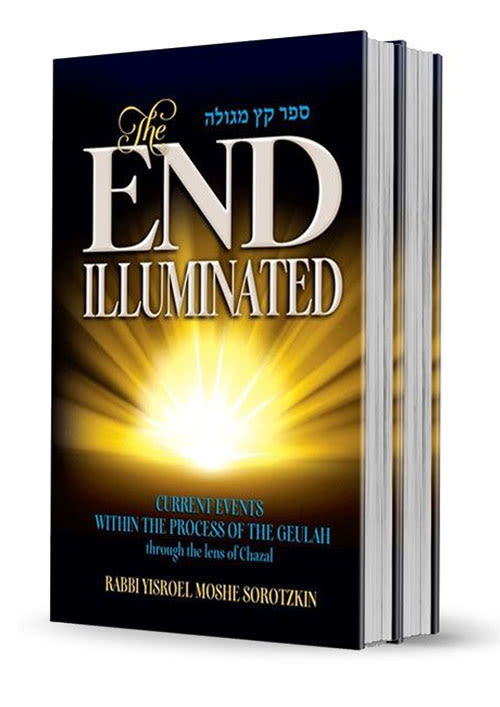

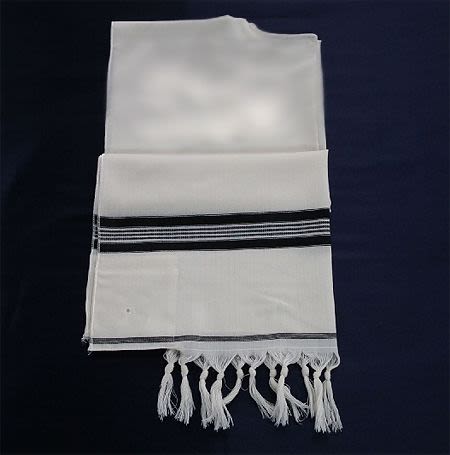

Tell us what you think!
Thank you for your comment!
It will be published after approval by the Editor.